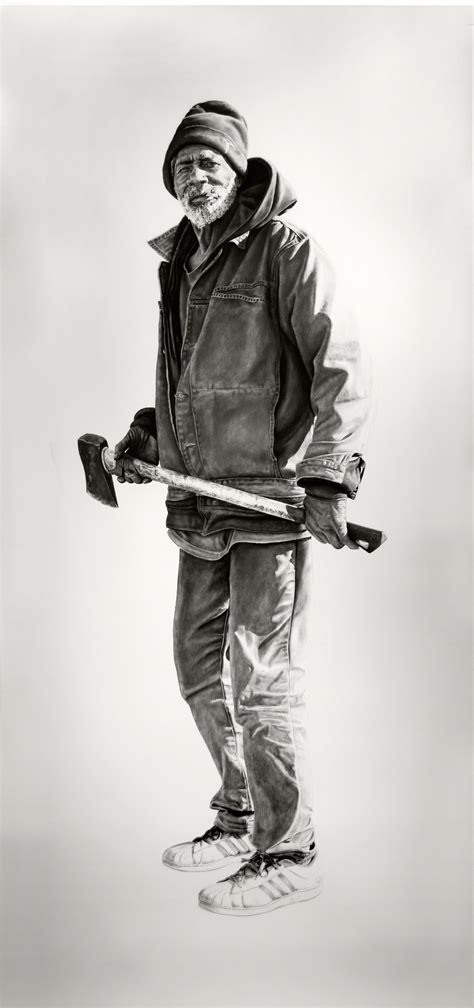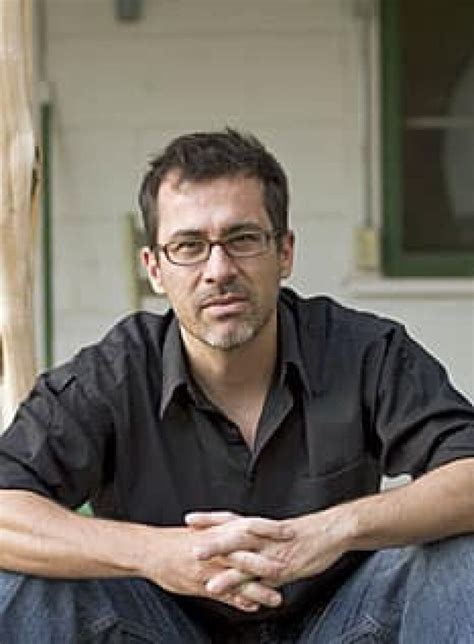A Quote by Mahesh Bhatt
The narratives in which you're born have a fierce pattern of repetition.
Quote Topics
Related Quotes
If you have multiples of anything, you have the possibility of repetition. Repetition creates pattern and also unity. Put anyone in a room with a pile of similar objects and say, 'I want a pattern by 3 P.M. or no dinner.' Anyone would come up with a design. It is easy, fun and available to anybody. Most people just don't have the nerve.
When we have the same thought again, the line of the original thought is deepened, causing what's called a memory trace. With each repetition the trace goes deeper and deeper, forming and embedding a pattern of thought. When an emotion is tied to this thought pattern, the memory trace grows exponentially stronger.
Hyperpolyglots are not born, and they are not made, but they are born to be made. There is a finite subset of the human population which has the right neurological equipment for learning and using lots of languages. That equipment may serve only a sub-component of language learning, such as mimicry, pattern recognition, or memory, or it serves those sub-components in a global fashion.
I think we all are born inside of our parents' narratives. We stay there for a good while. We are taught their narratives about everything: their marriage, the world, God, gender, identity, etcetera. Then, at some point, our own narrative develops too much integrity to live inside that story. We don't ever fully escape it, but we move into our own stories.
Generally, I start by observing the existing and popular narratives in my social spheres and media, and the pressures I face in my own life experiences. As someone who is "newly" trans, I am constantly thinking about what the dominant narratives are around transness, how my work can push against these narratives, and how it already falls into these traps.
I cannot prove to you that God exists, but my work has proved empirically that the pattern of God exists in every man and that this pattern in the individual has at its disposal the greatest transforming energies of which life is capable. Find this pattern in your own individual self and life is transformed.




































